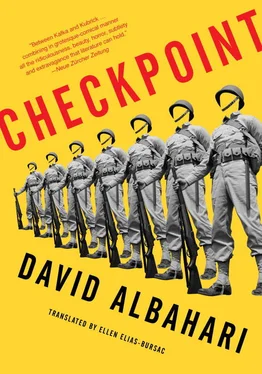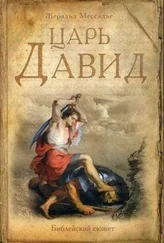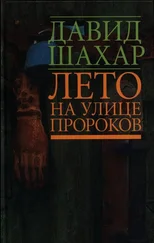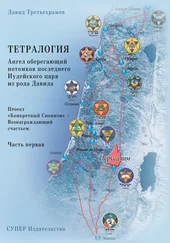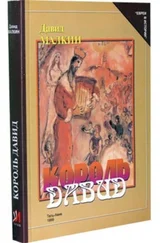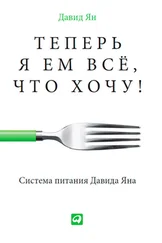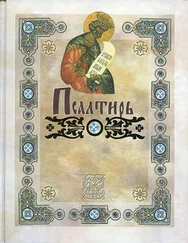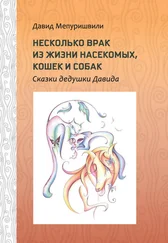He’d be speedier and more effective, with no worries about what to do if his assistant were hit or, god forbid, killed, or, worse yet, captured and interned. “Well then,” said the commander, “get ready and off you go. The sooner we know the truth about the houses and village, the sooner we can wrap this up.” But a few soldiers noticed discrepancies between what the commander said before and his sudden tale of a power plant, and all this while waving the mysterious map. Where had it all come from is what the soldiers and others wanted to know. If he was commander, he couldn’t be oblivious one minute, and then all talk the next as if he were a history expert. Then they all clammed up because Mladen appeared. Though nightfall was still hours away, he’d smeared his face with black paint; nothing gives a person away, he said, like moonlight shining on your face. Several soldiers came over to plead with him to take them along. Mladen urged them to go to the commander but they refused. One said he’d go with Mladen no matter what. “They’ll shoot you between the eyes,” said Mladen, pointing at the soldier’s forehead and pulling an imaginary trigger. “I am, too, going,” said the soldier, who raced off to pack, and no one ever saw him again. His disappearance was only noticed when Mladen came back to the checkpoint and asked what had happened to that pushy soldier who’d wanted to go with him no matter what. He’d thought of the man, said Mladen, when he sank into quicksand and tried to squirm free without losing his boots and weapons. He’d have given anything just then to have the young man along so he could reach out with a branch, but since the soldier wasn’t there, Mladen struggled on his own. Luckily, he was mired in quicksand shallows, or whatever they’re called, and bit by bit, inch by inch, he wriggled out onto solid, grassy turf. He lifted first one foot and then the other so we could see the mud caked to his boots. It took him only one night to reach the spot the two soldiers described, but he stayed there till daybreak to corroborate their story. Aha, said the commander, what did he see? He saw the house, like the soldiers said, but no smoke puffing from the chimney and the front door was not even open a crack. A window was open and curtains swayed in gusts of wind. He waited, said Mladen, till the sun climbed high in the sky but nobody appeared, not a soul stepped out of the house, not a farm animal left the barn; just when he thought it was time to return, he noticed a duck followed by an orderly trail of ducklings. The duck waddled over to the front door and Mladen could see it lift its beak; it was probably summoning someone, the person who, he assumed, regularly came out to feed them. “But the water?” asked the commander. “The water and the lake?” “No water, no lake,” said Mladen. “Just carnage.” The duck was quacking to someone and that persuaded him to venture out to see. No road led there, or he hadn’t yet found it, so Mladen scrambled down a steep slope from the meadow, stepped across a gulch over a little brook, probably a seething torrent in the spring and summer rains, spilling over its narrow streambed. Hence the quicksand into which he’d so haplessly plunged. That’s when he mentioned the soldier who’d wanted to tag along and only then did we realize the soldier was missing. The commander wrung his hands and sobbed with the breathy gasps of a woman, and then he pulled himself together and said he’d organize a rescue team and comb the terrain. “Absolutely not,” said Mladen. “too late now, anyway. If he’s alive, he’s too far off to hear us, and if he’s dead, all we can do is raise him a monument.” “Forget it,” called one of the soldiers. “Tell us what happened at the house!” First he came across a dog that had been gutted, Mladen told us, then he saw a cat with its spine broken, and in the barn he found two dead cows and a crazed horse. If animals were treated this way, wondered Mladen, what happened to the people? He thought it was time to go back, his assignment was only to see whether the houses did, in fact, exist, and not to find out what happened to the people who’d been living there. Then he heard moaning and forgot everything else. He hopped over a twisted fence, slowly approached the side of a building, and looked into the backyard. There he saw a ghastly scene: on a large wooden table lay two bodies: an older man, already dead, and an older woman, still alive and groaning in pain. Their bellies were slashed from side to side, partly disemboweled, their intestines dangling off the table. Mladen turned, he said, and when he went into the house he found the rest of the family: two young men, a woman, and a little girl. They had all, apparently, been raped and strangled or shot dead with a bullet to the head. Nothing in the house was touched, as if the marauders had taken care to be tidy. Judging by the few flies and no stench, Mladen figured the massacre must have happened the night before, and this made him especially cautious; he gave up looking further at other houses. And besides, he said, he didn’t know whose side the victims were on, and who the murderers were fighting for. He’d called them murderers, he said, because if he were to call the people who’d perpetrated the atrocities by any other name, or referred to them as soldiers, he’d be insulting all those who’d respected treaties and conventions in wars. And nothing he’d seen hinted at who the perpetrators might be? asked the commander. The soldiers howled, saying they didn’t even know whom they were up against. Maybe, said the soldiers, they were a buffer force sent to a conflict near their country’s border, though maybe, said others, this is actually a civil war and they, as an official armed force, were dispassionately helping to subdue the conflicts. The commander stood, waited for the soldiers to quiet down, and then said he wished he could explain things to them, but he, too, was in the dark. “In the old days,” he said, “this happened often; the kingdoms were vast and heralds had to travel for days to bring news to distant provinces of the end of a war. In the Second World War, on the little islands scattered across the Pacific, there were Japanese fighters who thought the war was still on for decades, and they’d shoot at every American who came near. Our situation is not as bad as all that,” said the commander, “though our ignorance is appalling.” But what could he do, he asked, when he was woken that night, as we were? He’d barely had time to pull on his uniform and rush downstairs to the jeep waiting for him out front. At the assembly point they’d said everything would be explained over the radio; the trucks were ready and required the cover of darkness. Well, sure, recalled the commander, he’d been handed an envelope with a map, the rosters of fighters, and lists of issued weapons and equipment. The lists were full of errors, said the commander, so he’d already made his own list of the things missing from the lists. The map was no good or out of date as we could see from Mladen’s report and the stories of the soldiers who’d seen the house, where, according to the commander’s map, there was supposed to be a reservoir. The commander looked like someone always on the verge of tears, but though we found this disturbing we didn’t know how to help. Is the forest enchanted? mused someone. Is what we think to be happening nothing but an illusion? Who believes in magic? asked others, though no one could gainsay the possibility that hallucinogens had been used, but narcotics can’t replace a magic wand, this we knew. Ever since our arrival, said the commander, he’d been doing nothing but juggling lists and making new ones. “It’s all rife with errors,” said the commander. “Not just the lists, the world. Wherever we go we’ll find errors, most of all when they insist there aren’t any.
Читать дальше
